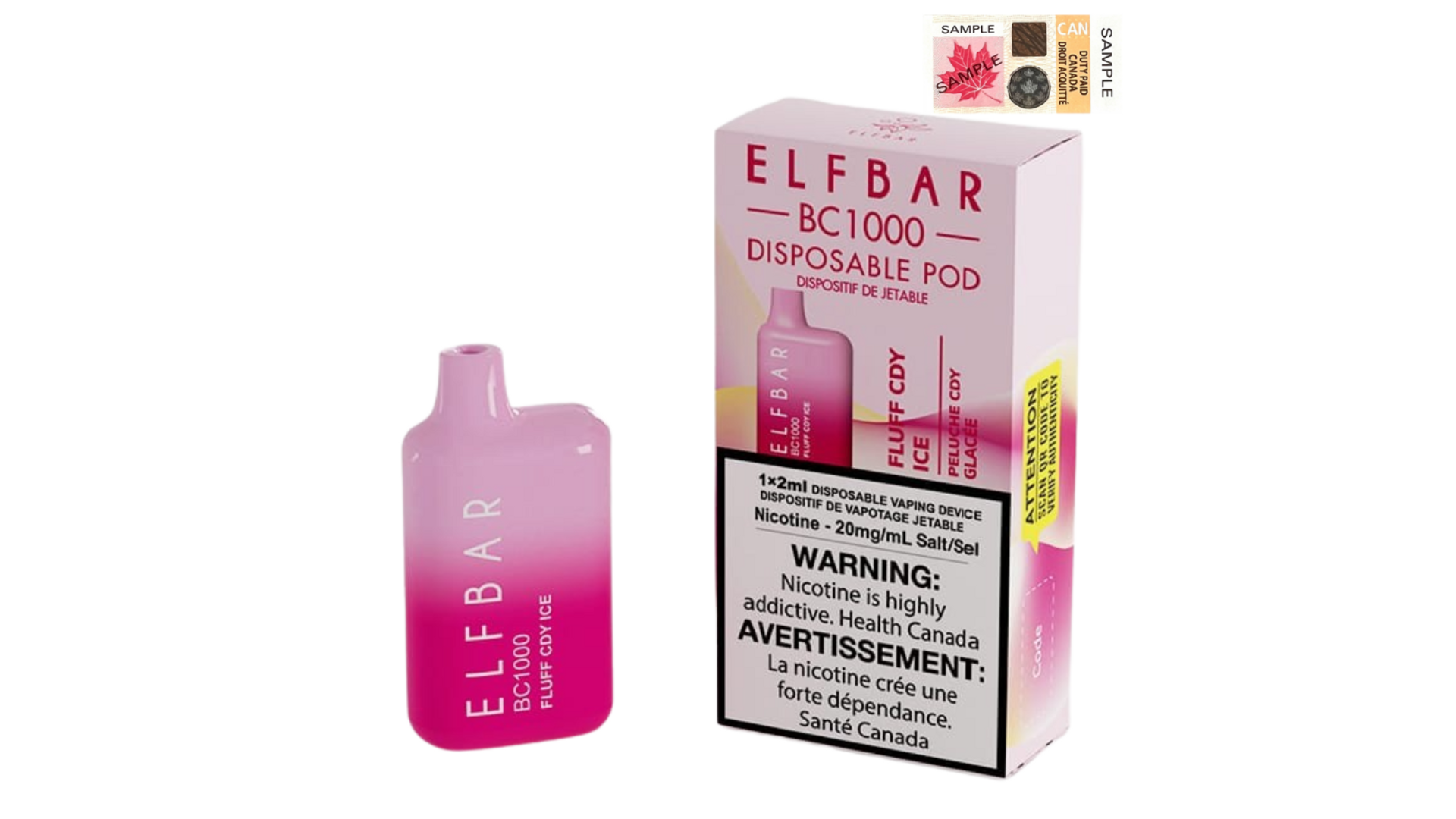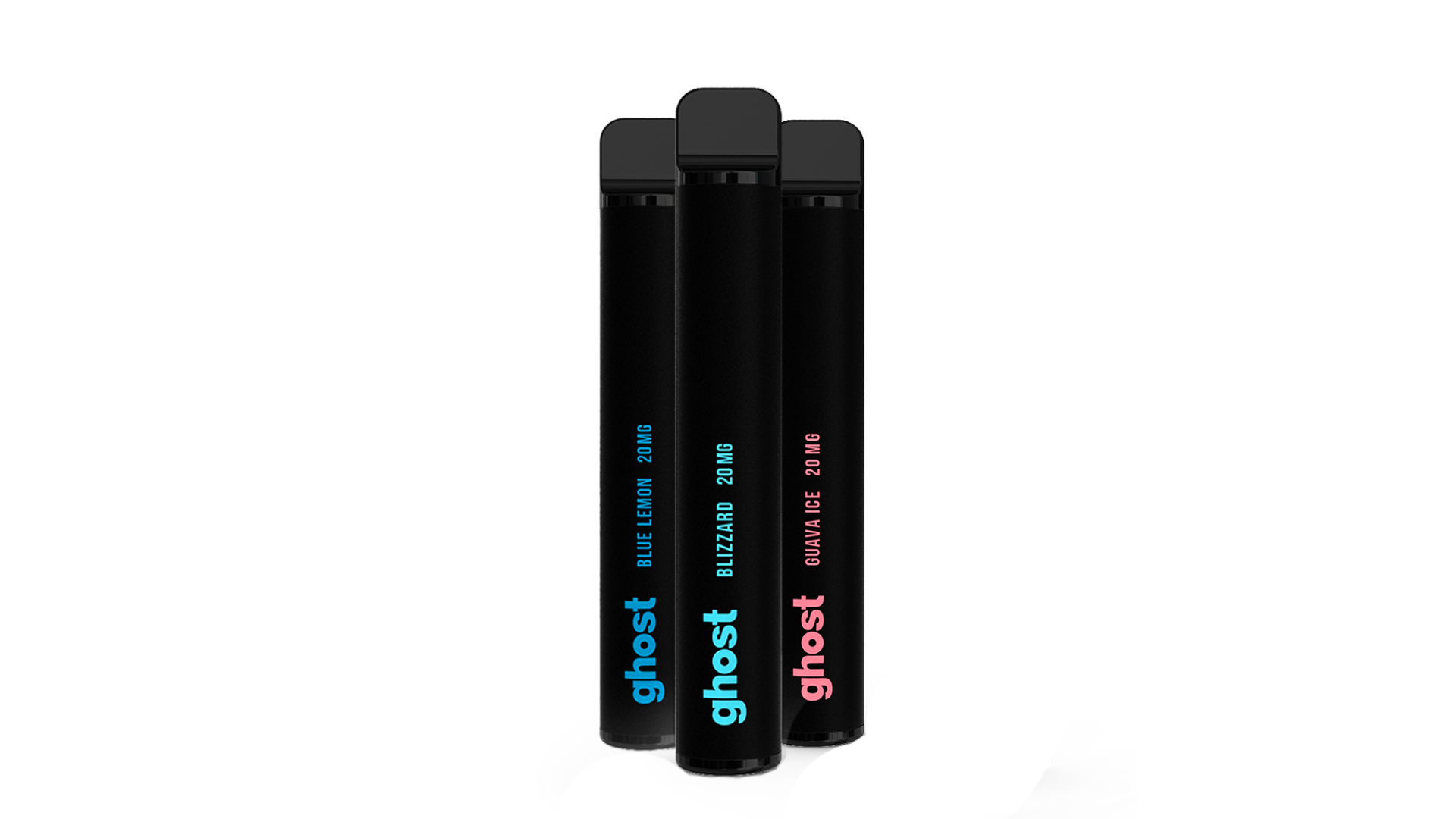The Master Settlement Agreement
How do we silence the voices of those suffering at the hands of big tobacco? Well we pay them of course! This is what the MSA (Tobacco Master Settlement Agreement) sought to do in November of 1998. The Master Settlement Agreement is an accord reached between the state Attorneys General of 46 states, five U.S. territories, the District of Columbia and the four largest cigarette manufacturers in America concerning the advertising, marketing and promotion of cigarettes.
This agreement stated that tobacco companies would make life-long payments to state governments to cover the cost of smoking-related illnesses. The minimum amount to be paid over the first 25 years was to be $206 billion. The endless amounts of research indicating that cigarettes were linked to a rise in lung cancer and other health issues was on the rise and people were starting to come forward. Over 800 private claims were made against tobacco companies suing them for negligence, causing health problems. Of these 800 claims, Big Tobacco won EVERY SINGLE ONE! These companies pleaded ignorance, stating they did not know the harms of cigarettes.
 The question is, if you can win every private lawsuit, why pay billions of dollars in reparations to the state governments? There was obviously harm done, and they knew it and needed to cover their tracks. With the rise of smoking, more people started getting sick which meant higher state medical costs. The amount each state receives is based on tobacco sales. The higher the tobacco sales the higher the payout. That is insane! What a loophole they found. By paying the billions of dollars settled upon in the MSA, big tobacco is essentially bulletproof. They did this to be free from any burden of class actions lawsuits. So, big tobacco continues to make the big bucks, essentially profiting of health issues of everyday people which they no longer hold liability for, only having to increase payments in states which they sell the most tobacco products. This is simply a marketing strategy not a settlement for harm done.
The question is, if you can win every private lawsuit, why pay billions of dollars in reparations to the state governments? There was obviously harm done, and they knew it and needed to cover their tracks. With the rise of smoking, more people started getting sick which meant higher state medical costs. The amount each state receives is based on tobacco sales. The higher the tobacco sales the higher the payout. That is insane! What a loophole they found. By paying the billions of dollars settled upon in the MSA, big tobacco is essentially bulletproof. They did this to be free from any burden of class actions lawsuits. So, big tobacco continues to make the big bucks, essentially profiting of health issues of everyday people which they no longer hold liability for, only having to increase payments in states which they sell the most tobacco products. This is simply a marketing strategy not a settlement for harm done.
With the billions allocated to these states, only a small percentage is spent on smoking cessation programs and tobacco prevention! In fact, in 2018 less than 3% of the 27.5 billion was spent on such things. If the harms of tobacco are known and prevention is key, this is where the spending should be. The reality is it is not, and that is something to really think about.















